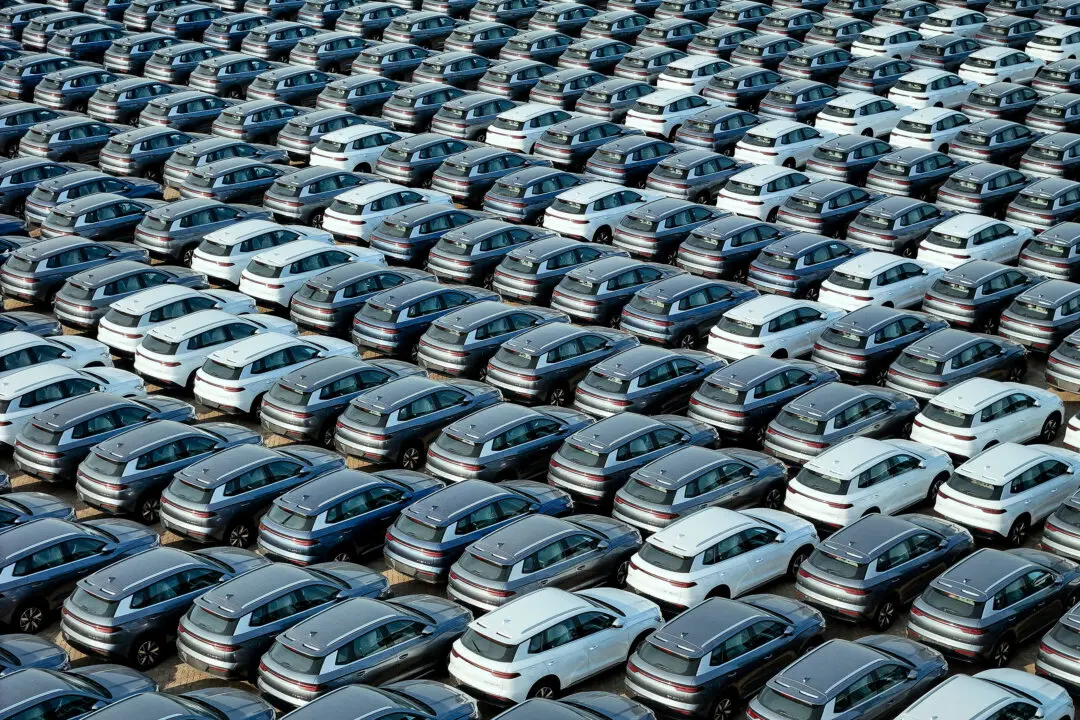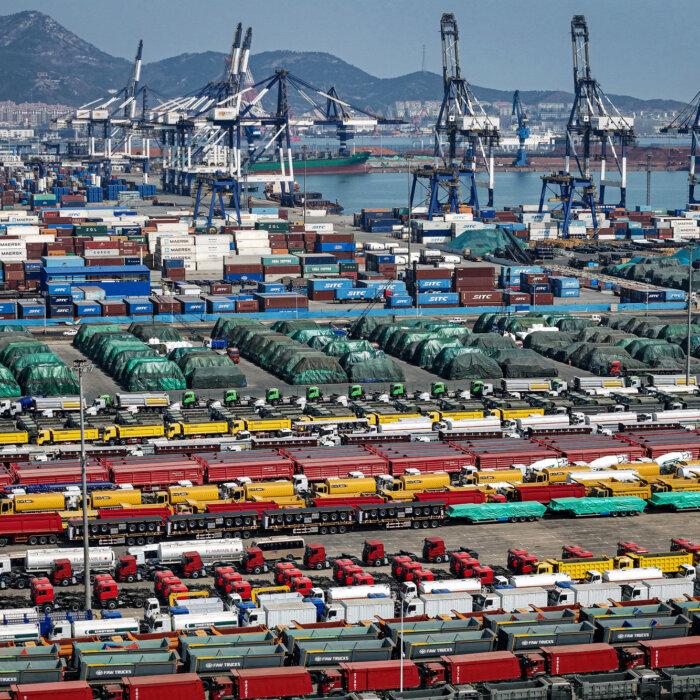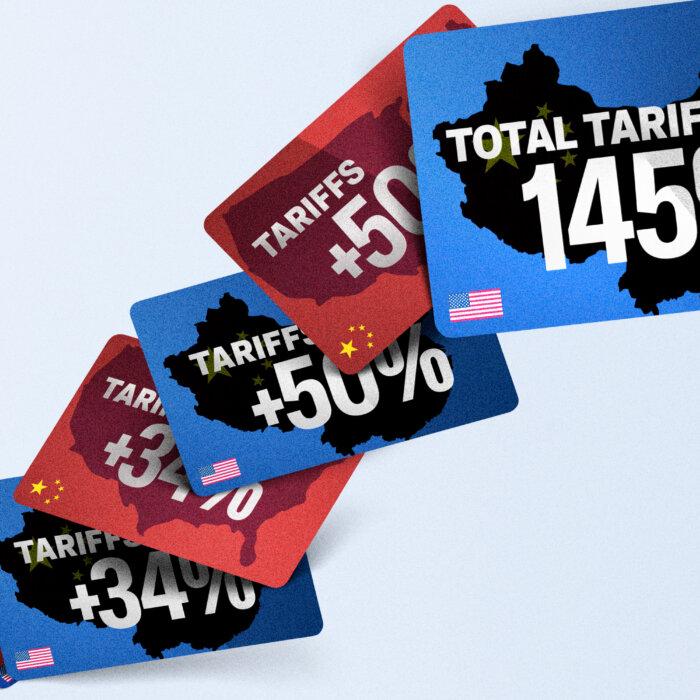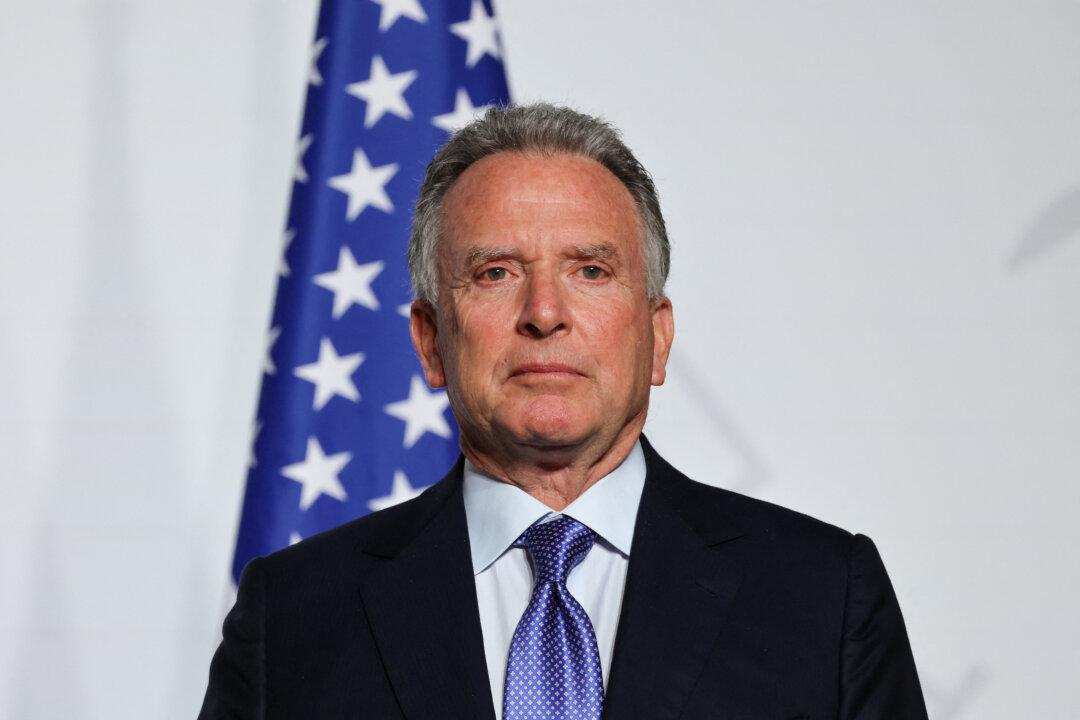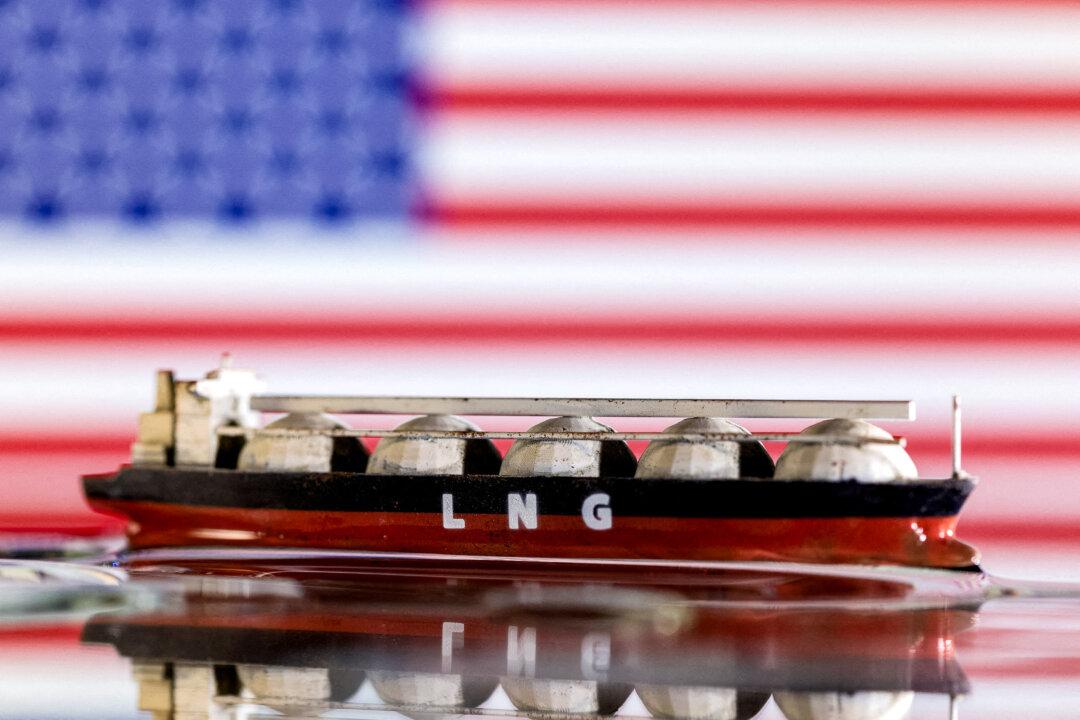The European Union and China have agreed to explore minimum pricing of Chinese-made electric vehicles (EVs) in place of the tariffs imposed by the EU last year, a European Commission spokesperson said on Thursday.
German outlet Handelsblatt reported earlier on Thursday that negotiations over the issue had begun.
EU Trade Commissioner Maros Sefcovic spoke with Beijing’s Commerce Minister Wang Wentao in the past 24 hours and both sides agreed to look into setting minimum prices, the EU spokesperson said.
China’s Commerce Ministry followed up with a statement that negotiations were set to start immediately.
Sefcovic has previously said any form of minimum pricing would need to be as effective and enforceable as the existing tariffs imposed by Brussels.
In the past, the EU has only agreed on minimum pricing for homogenous commodities such as steel, cement, or chemical inputs, rather than complicated products like cars or motorcycles.
The commission has said it believes a single minimum price would not be adequate to counter injury caused by subsidies.
But Brussels and Beijing have floated the idea of lifting these tariffs through potential guarantees of minimum prices, known as price undertakings for imported cars.
The EU has said it is willing to continue negotiations on an alternative to tariffs with China, which included tariffs of 17 percent for vehicles made by BYD, 18.8 percent for Geely, and 35.3 percent for SAIC, in addition to the standard 10 percent car import levy.
The discussions are to potentially find a solution to the longstanding disagreement, which has also irked French brandy makers after Beijing took retaliatory trade action on the beverage.
China, a major brandy market, implemented punitive tariffs on French cognac last year, hitting the sales of several marquee French drinks makers, including Hennessy, Remy Cointreau, and Pernod Ricard.
The German Association of the Automotive Industry (VDA) welcomed the discussions between Brussels and Beijing, labelling the duties a “mistake” and advocating for a negotiated solution.
“Regardless of current global developments, it must also be discussed here how to reduce obstacles and distortions in international trade, rather than building new hurdles,” VDA said on Thursday.
German carmakers made a third of their total sales in the Chinese market last year and opposed the tariffs over concerns they could lead to a trade conflict with their second most important market after the United States.
The commission also confirmed on Friday that the next meeting between leaders of the European Union and China is expected to be held in Beijing in the second half of July.
The news of the potential price controls come amid the upending of the global trade scene following the tariffs announced by U.S. President Donald Trump.
Friday saw Beijing announce it will increase tariffs on U.S. imports from 84 percent to 125 percent, in retaliation against the U.S. decision to hike duties on Chinese goods to a total of 145 percent.
The new tariff rate will come into force on Saturday, China’s Ministry of Finance said.
Washington confirmed on April 10 that U.S. tariffs on Chinese goods have risen to 145 percent, factoring in the earlier 20 percent tariffs imposed in connection with fentanyl trafficking.
The EU, meanwhile, has been spared the worst of the reciprocal tariffs, after being threatened with levies of 20 percent; the bloc was among those nations for which Trump paused U.S. reciprocal tariff implementation.
In turn, the bloc announced on Thursday that it will pause its countermeasures against steel and aluminum tariffs for 90 days.
“We took note of the announcement by President Trump. We want to give negotiations a chance,” European Commission President Ursula von der Leyen said in a statement posted on social media platform X.
“While finalising the adoption of the EU countermeasures that saw strong support from our member states, we will put them on hold for 90 days.
“If negotiations are not satisfactory, our countermeasures will kick in. Preparatory work on further countermeasures continues. As I have said before, all options remain on the table.”
The countermeasures, which were agreed upon by the EU on April 9, had been due to start on April 15.
